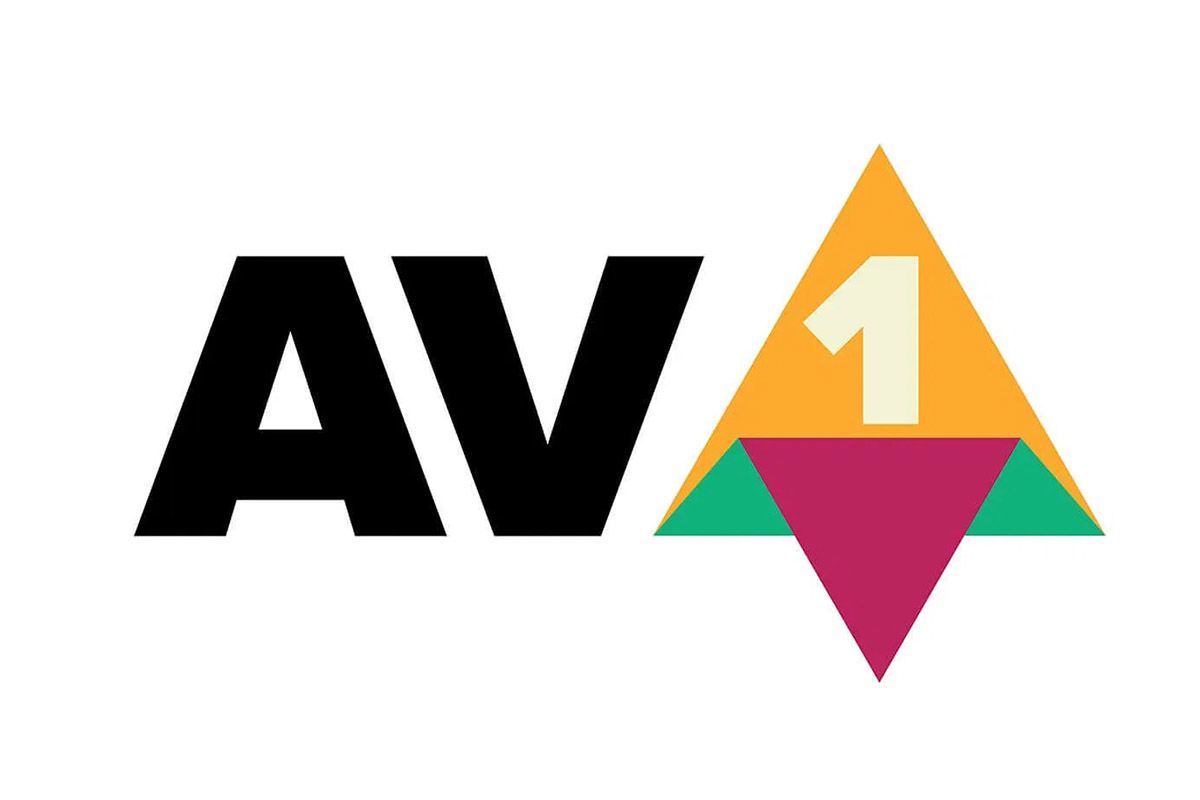Google Chrome for desktop is receiving an important feature that will boost the video calling experience on super slow internet connections. In the latest Chrome 90 beta, Google is shipping an AV1 encoder, which when used brings improved video quality and significant screen sharing efficiency improvements to WebRTC-based video conferencing apps.
For background, AV1 is a royalty-free, open-source video codec that’s largely seen as a replacement for the H.264/AVC codec used by most video streaming services. It claims to offer better compression efficiency and improved visual quality than its predecessor VP9 as well as H.264 and H.265 codecs. Content encoded in AV1 generally maintains higher quality at a smaller file size compared to content encoded in H.264.
Meanwhile, WebRTC is a framework that enables real-time communication between browsers. It's used for many web-based video conferencing platforms, including Google Meet, Facebook Messenger, Discord, and more.
To play content encoded in AV1, you need an AV1 decoder installed. However, Google Chrome on desktops ships with an AV1 decoder as far back as Chrome 70 released two years ago. With the recent addition of an AV1 encoder, WebRTC-based real-time conferencing clients like Google Meet and Google Duo can start to encode video in AV1 and then transmit it to the other end. By taking advantage of the encoder, Google says Chrome can now enable video calling on connections as slow as 30Kbps.
The AV1 encoder for WebRTC is rolling out in the Chrome 90 beta. It’s not available in the stable Chrome browser yet but should be arriving soon in a future release. If you’re on a slow internet connection and interested in checking out the improvements offered by the new encoder, you can download the latest version of Chrome beta from here.
Google has already implemented the AV1 codec in its Google Duo app on Android. It also plans to add support to a range of other Google products, including Stadia, Photos, Meet, and TV.

